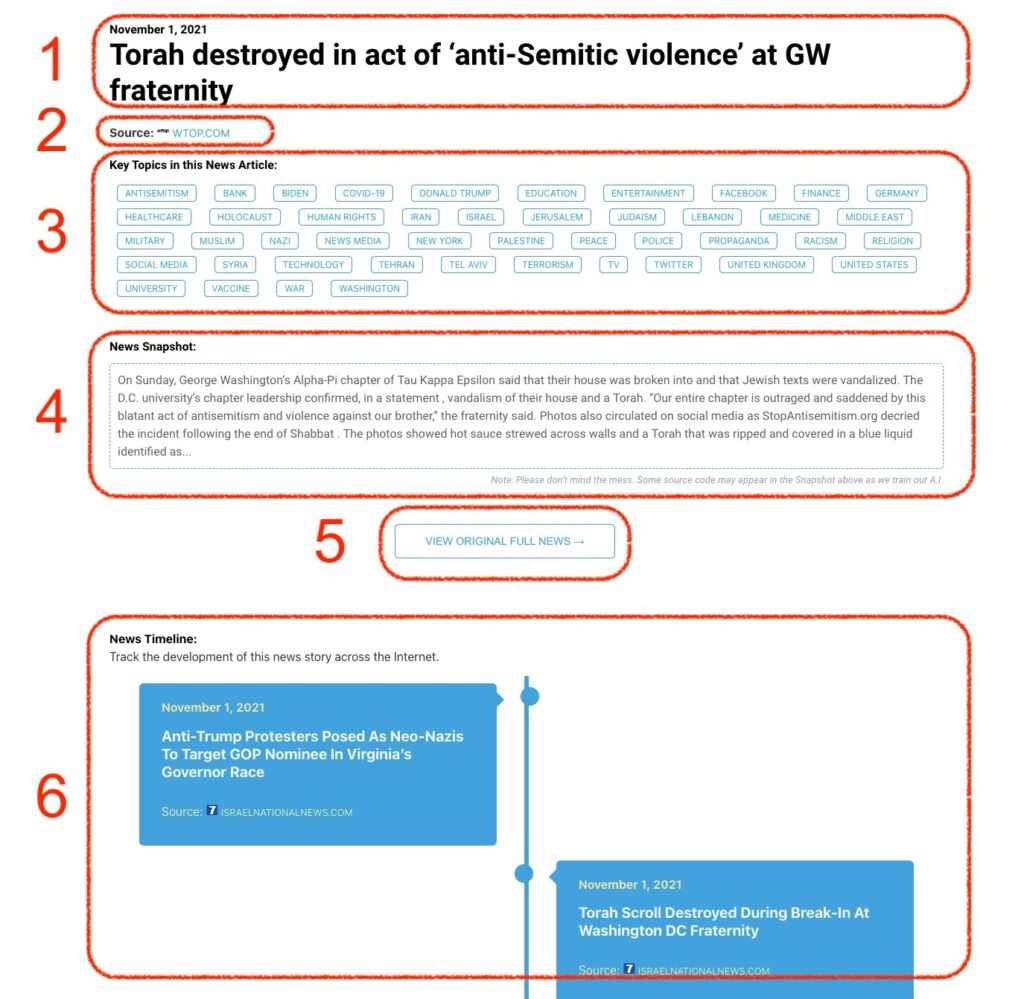Set during the May 1968 revolution in Paris, Lionel Baier’s “The Safe House” is a comic family portrait filled with ideas that never fully cohere. The film is based on Christophe Boltanski’s Prix Femina-winning biographical novel of the same name, a fact of which we’re reminded numerous times via authorial voiceover. Its snappy, postmodern unfurling, rife with intentionally obvious rear projections, does eventually give way to moving dimensions as the family’s history fades into view, but few political or personal elements amount to anything poignant. Although Boltanski’s family serves as fuel for the screenplay, “The Safe House” anonymizes them and...
Monitoring Antisemitism Intel

